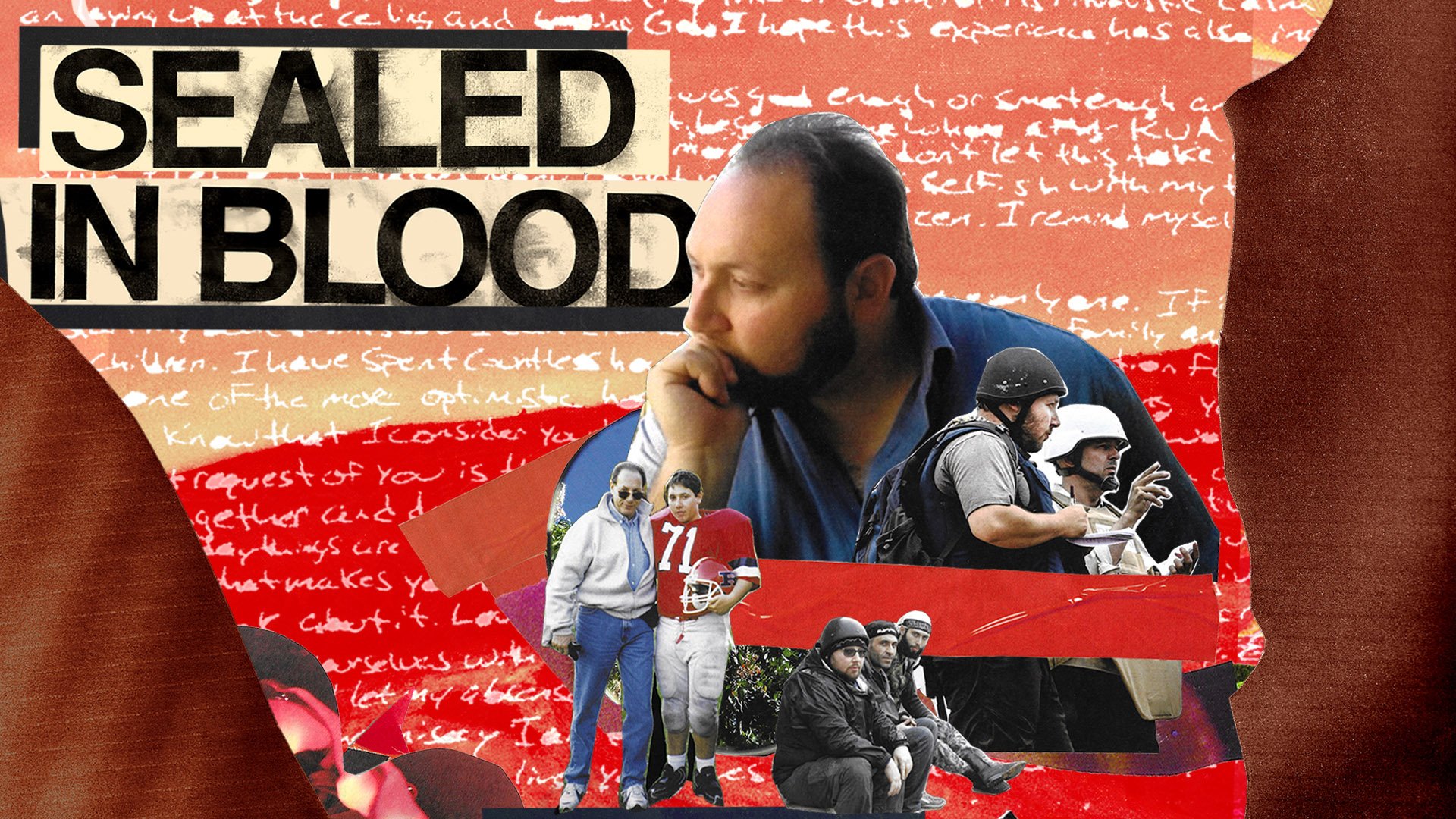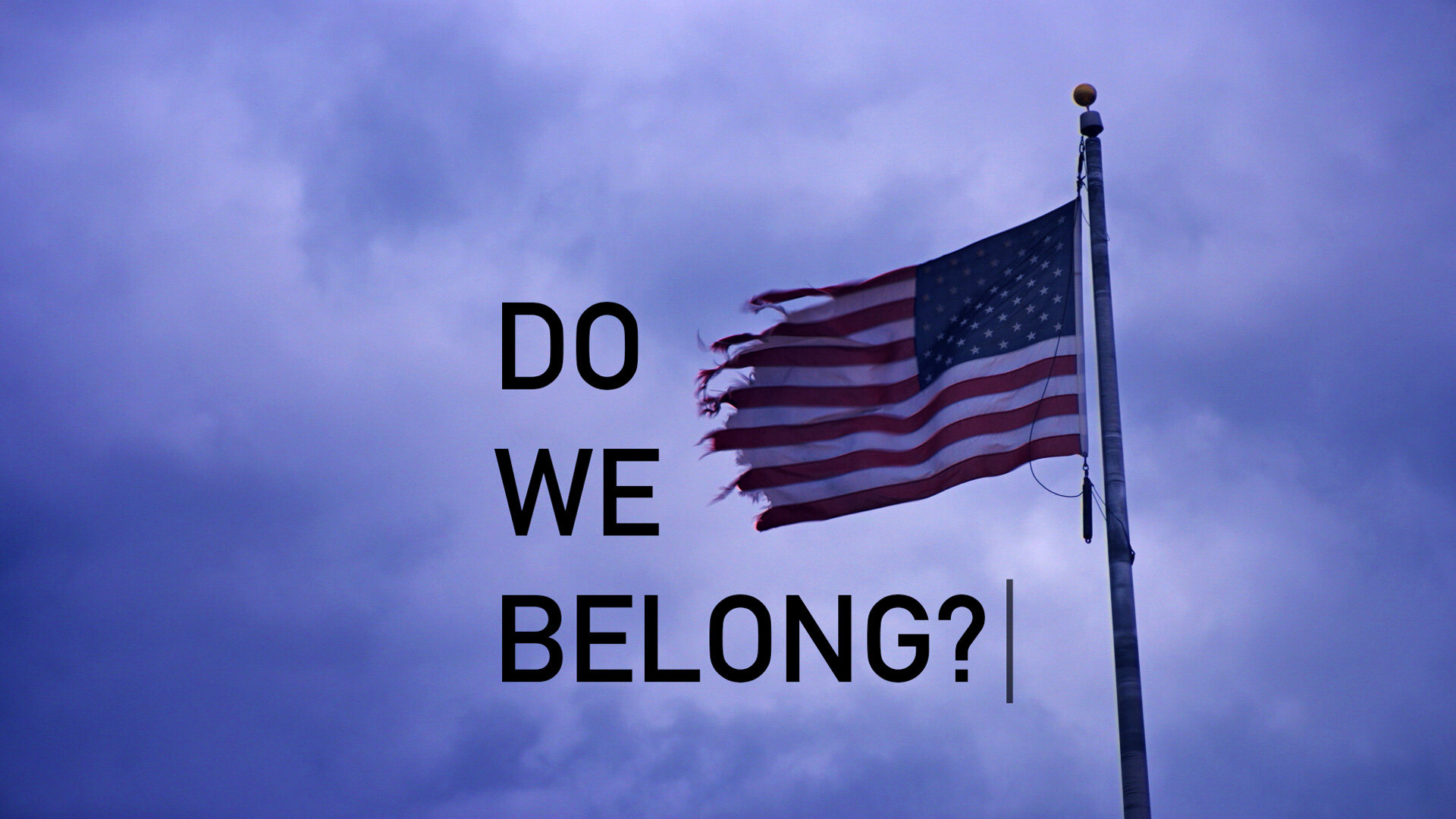The Interpreters
The Emmy-nominated feature documentary from Capital K Pictures.
Watch it on Amazon or the new Director’s Cut on Vimeo-on-Demand.
Afghan and Iraqi military interpreters serve as a crucial bridge between American soldiers and local nationals. But as a result of their work with the U.S., many have become targets. In the chaos of their war torn countries, these loyal allies now struggle to find a way out for themselves and their families.
Made with support from the MacArthur Foundation, ITVS, Tribeca Institute, IFP and Firelight Media, THE INTERPRETERS made its broadcast premiere on PBS’ Independent Lens series on Veteran’s Day, November 2019, after playing at more than 40 festivals worldwide. And it was nominated for an Emmy in the News & Documentary category.
The film won the Jury Award for Best Documentary at the Austin Film Festival, the Special Jury Prize for Documentary Filmmaking at the Florida Film Festival and the Moving Mountains Award at Mountainfilm Telluride.
THE INTEPRETERS is now available to stream via iTunes, Amazon and Vimeo. The director’s cut can be watched on the official Capital K Pictures Vimeo on Demand page. (For educational use, visit our page at New Day Films).
The idea for THE INTERPRETERS came after meeting a chain smoking Iraqi interpreter, Khalid Awda, whose code name is "Phillip Morris”. He was a very compelling character and we were immediately curious about his journey from the moment he started working with U.S. forces until his arrival in Minnesota, with the help of his American soldier friend. But simply focusing on Phillip's journey would not be enough to tell the full story. We also wanted to know about the stories of the interpreters who were still in hiding, waiting for the Special Immigrant Visas (SIV’s) they were promised in return for their loyal service, and those who had given up on the visas and left for Europe as refugees.
This approach was laid out in a TEDx Talk in Minneapolis, which was given at the early stage of the project.
Our approach was to make an immersive and character-driven story— following several interpreters whose lives have been directly impacted in the aftermath of war. Whether they’re waiting in a refugee camp, hiding in a war zone or living in the relative safety of the U.S., the film presents their experiences firsthand, with direct, intimate access to the subjects as they face their daily struggles.
The film features some footage recorded by the subjects themselves, using their phones. Images and videos sent back and forth via Facebook and WhatsApp are an important part of the communication that goes on between Americans, Iraqis and Afghans who once worked together. The switching between visual mediums is an important part of the stylistic approach of the film, and also includes montages of archival footage that help to widen the visual scope of these sequences—using the character-generated material as a springboard. The goal is to immerse the viewer in the characters’ lives and do justice, visually, to their environment and surroundings even when that involves being confined between the walls of their Kabul homes due to the fear of going outside.
Making this films was a difficult but ultimately rewarding journey for us as filmmakers. All told, the process took just over 3 years — from our first production trip to Minnesota, to our last journey to Turkey and Afghanistan, and the months of editing that followed.
When we started filming this was a dysfunctional visa program that was experiencing backlogs and long waiting times for the applicants. Several years later, it’s only gotten worse.
Now, all these years later, US forces are leaving Afghanistan. Already, Taliban forces have taken territory from the Afghan National Army. Biden and his new administration have made a pledge to get more than 18,000 interpreters and their families out of the country. Hopefully this promise won’t be broken. Time will tell.
Click any project below



























![An Act of Worship [Short Film]](https://images.squarespace-cdn.com/content/v1/5e95abd96bcd5a1ba8f90df0/1671039909677-HXRHZTUY05MA8VCPNMDG/AnActofWorshipShort.jpg)







